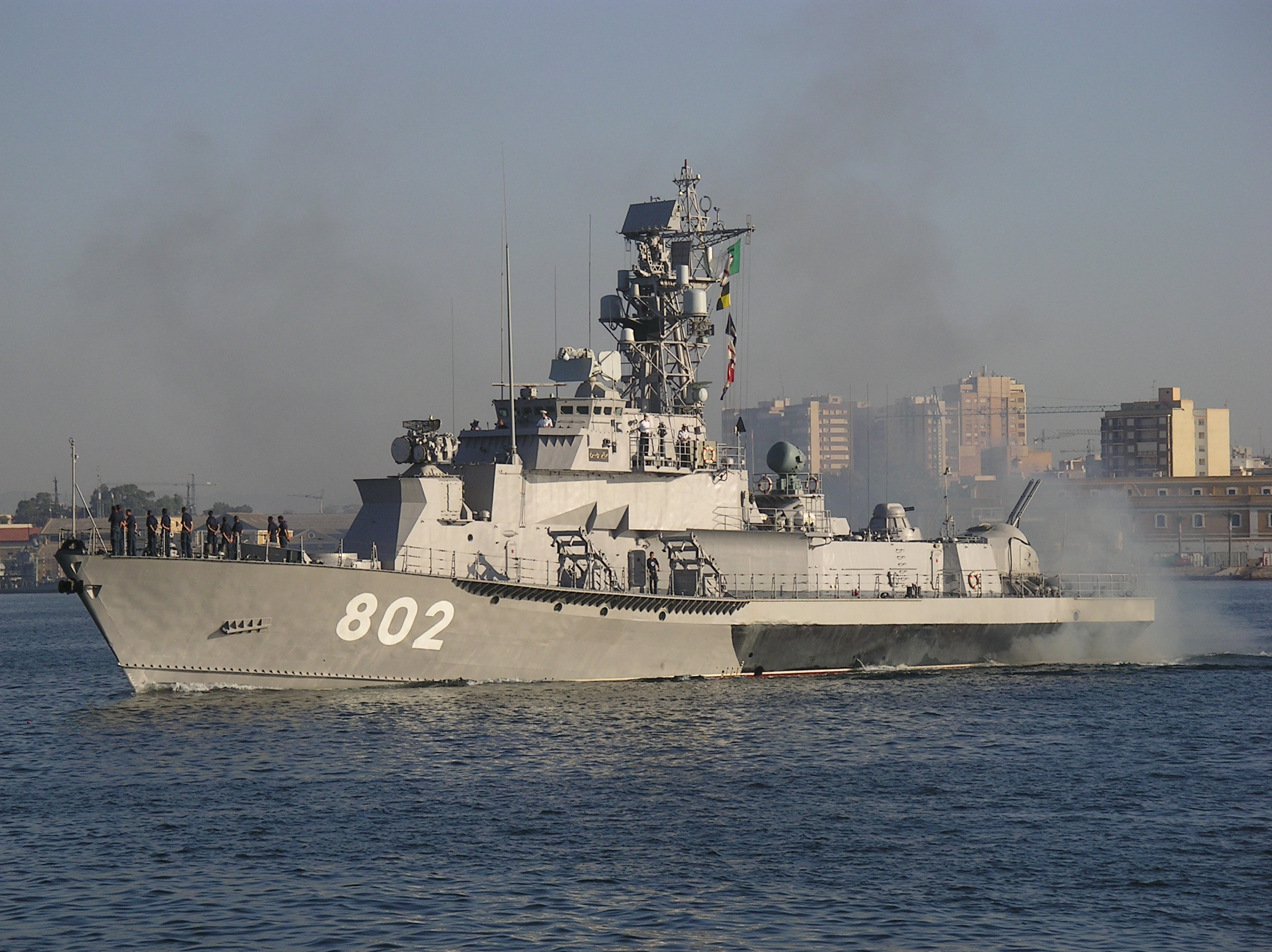In Oliver Stone’s cult classic, Wall Street, the famous fictional corporate raider Gordon Gekko advises his protégé Bud Fox that “every battle is won before it is ever fought.” Of course, for students of military history and strategy, such a line is immediately recognized as one of the seminal teachings of The Art of War, a nearly 3000 thousand-year-old treatise written by the legendary Chinese general Sun Tzu. In fact, the character of Gordon Gekko is partly based on the real-life financier and corporate raider, Asher Edelman who in the late eighties used Sun Tzu’s work as the main textbook for his course on corporate raiding at Columbia Business School.
Now many will be wondering why military strategy catches the eye of business leaders and thinkers. The answer to that question lies with the inherent competition that characterizes both the nature of warfare and, in a more sanitized form, the nature of the market. Questions in business strategy like capturing and defending market share or leading a large bureaucratic organization to a particular goal seems all too similar to the issues that are dealt with by military planners. Thus, both strategists in the business and military world often look to each other for new ideas and concepts to deal with similar concerns.
One concern in particular that is dealt with by high-level military and business leaders alike is how to construct a strategy that is relevant to the ever-changing reality of today’s world. With the exponential growth in technological advancement and globalization, new opportunities and threats arise at an accelerating pace. If leaders in business and the military are not careful in leveraging strengths and/or limiting their weaknesses, more attuned rivals could easily wipe out their competitive edge. Thus it is crucial to create a strategy that encompasses the long-term trends and overlooked developments in this ever-changing world
In the 1970s, in the heat of the volatile Cold War, the Nixon Administration created the Office of Net Assessment (ONA) within the US Department of Defense (DOD). Such a division was considered the DOD’s internal “think tank” which helped the DOD craft a strategy that could stand the test of time in the face of current and future trends and prospects. To give the DOD a forward-looking strategy synchronized with reality, the ONA looked through a set of six perspectives developed by its founder and leader, Andrew W. Marshall. Marshall, a long-serving defense official is affectionately called “Yoda” within defense circles as a result of his superior predictive ability and his world-renowned mentees. He foresaw the fall of the Soviet Union and the rising strategic importance of Asia and his protégés, like Paul Wolfowitz, have a tendency to rise to powerful positions within the US government.

The ONA perspectives include looking at the strategic interactions within a nation and its opponents, keeping in consideration the long time spans of the competition, giving more focus on overlooked issues, understanding the socio-bureaucratic behaviour of oneself and its competition, recognizing strategic asymmetries, that is, the differences among competitors, and the multifaceted nature of strategy. The combination of these perspectives, through the use of scenario analysis, war games, trend analysis and considered judgments, allowed for a concise framework when analyzing excessive amounts of data and information. As result, the ONA was able to show defense policymakers the necessary inputs that would be accounted for by a successful strategy. In essence, net assessment became a powerful tool to assess the relative strengths of each strategic direction before implementation.
For businesses, in particular corporations, this methodology could prove to be a powerful conceptual tool for strategic analysis practitioners. In a time when businesses find themselves overloaded by immense amounts of information when trying to understand the current and future prospects of the global market, net assessment provides something of a guiding light that helps business analysts to separate the “wheat from the chaff”. It can provide the criteria that best evaluate the right strategy within the context of the organization’s external situation and the internal assets.
The power of this conceptual tool, originating from the realms of defense thinking, can be seen from its new current users. As the US government is considering shutting down ONA in the face of budgetary cuts, the Chinese military is beginning to integrate net assessment into its defense planning process and some Chinese generals have gone so far as to say that Andrew Marshall is an inspiration to the rising Chinese military power. Furthermore, not only are corporations hiring Marshall’s former acolytes, but major business schools like Georgetown’s McDonough School of Business are enlisting the help of Marshall’s disciples to educate future business leaders on the principles and methodology of net assessment. Thus, net assessment is bound to leave the confines of the Pentagon and enter the minds of corporate strategists the world over. Anojan Nicholas




